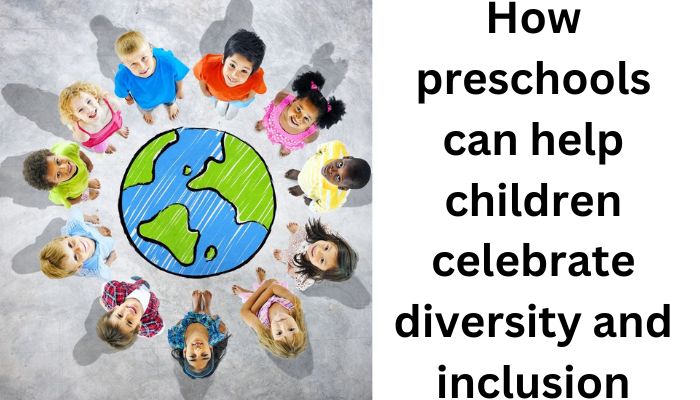Promoting inclusivity from preschool years is crucial for children’s education and character development. It goes beyond being mere buzzwords, as it lays the foundation for creating empathetic and considerate citizens. AK Srikanth, CEO of KLAY Daycare and Preschools, highlights the significance of fostering inclusivity in preschools to prepare children for a diverse world.
During a child’s early years, the values of diversity and inclusion are not just buzzwords; they are foundational principles that influence both their education and character development. Integrating diversity and inclusion into the curriculum and engaging with the community establishes a nurturing environment that celebrates differences, nurtures empathy, and equips children for an interconnected world. Early childhood is the ideal time to instill the importance of diversity, equity, and inclusion.
Educating young students about differences in gender, cultural backgrounds, and physical abilities helps them grow into compassionate citizens who can address injustice and discrimination as they mature. AK Srikanth, CEO of KLAY Daycare and Preschools, emphasizes the importance of fostering inclusivity in preschools to prepare children for a diverse world.
**Inclusion Is Comprehensive:**
Diversity manifests in various forms and is an integral part of our lives, encompassing aspects such as religion, gender, culture, family structures, and physical abilities. While it was previously believed that children would naturally develop positive attitudes toward differences without the need for discussions, research indicates that active promotion of diversity is necessary.
**Breaking Down Barriers:**
Conceptions of inclusion have evolved over the years, emphasizing the importance of ensuring that children and adults can actively participate as valued and respected members of society. In inclusive environments, children, irrespective of their diversity, have equal and genuine opportunities to engage in everyday routines, interactions, play, and learning experiences during their early years.
**Key Insights:**
Inclusive settings enable children to interact with peers from diverse backgrounds, abilities, or conditions, fostering social skills, communication abilities, and cooperation. These skills are vital for building relationships and succeeding in an increasingly diverse society.

